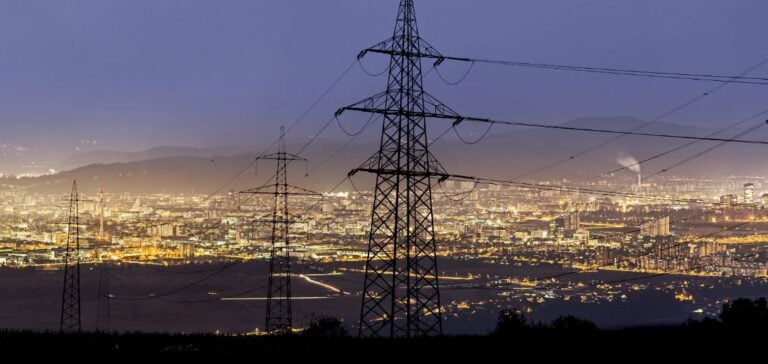Representatives from the French and Polish governments, along with the electricity transmission system operators Réseau de Transport d’Électricité (RTE) and Polskie Sieci Elektroenergetyczne (PSE), met on 14 May in Warsaw for a bilateral technical workshop. The meeting, held in the wake of the recently signed Nancy Treaty, aimed to align investment strategies in electricity networks and enhance energy supply security within the European market.
Shared investments and fair contribution mechanisms
The workshop was co-chaired by Laurent Kueny, Director of Energy at the French Ministry of Industry and Energy, Wojciech Wrochna, State Secretary at the Polish Ministry of Industry, Thomas Veyrenc, Chief Executive Officer of RTE, and Grzegorz Onichimowski, President of PSE. Discussions focused on financing conditions and cost-sharing mechanisms for cross-border infrastructure. The participants highlighted the need for common instruments to ensure that all EU Member States contribute fairly to network capacity development.
Issues related to baseload electricity generation were also discussed, particularly their role in system stability and the importance of maintaining private investment in these assets. Officials stressed the importance of revising the European framework to reflect these aspects in a spirit of energy solidarity.
Coordinated planning and joint system modelling
Participants addressed internal network congestions as a barrier to efficient cross-border electricity flows. The need to integrate these constraints into infrastructure planning was identified as essential. RTE and PSE agreed to deepen technical cooperation, notably through joint system modelling, to support future regulatory and financial decisions on the internal electricity market.
Joint recommendations are expected in the coming months to contribute to the upcoming revision of the European energy security framework. The reinforcement of bilateral cooperation is intended to facilitate smoother infrastructure integration while supporting the mobilisation of private capital.
“This technical dialogue demonstrates our commitment to building a foundation of shared investment supported by a balanced distribution of responsibilities among Member States,” said Thomas Veyrenc at the close of the workshop.






















